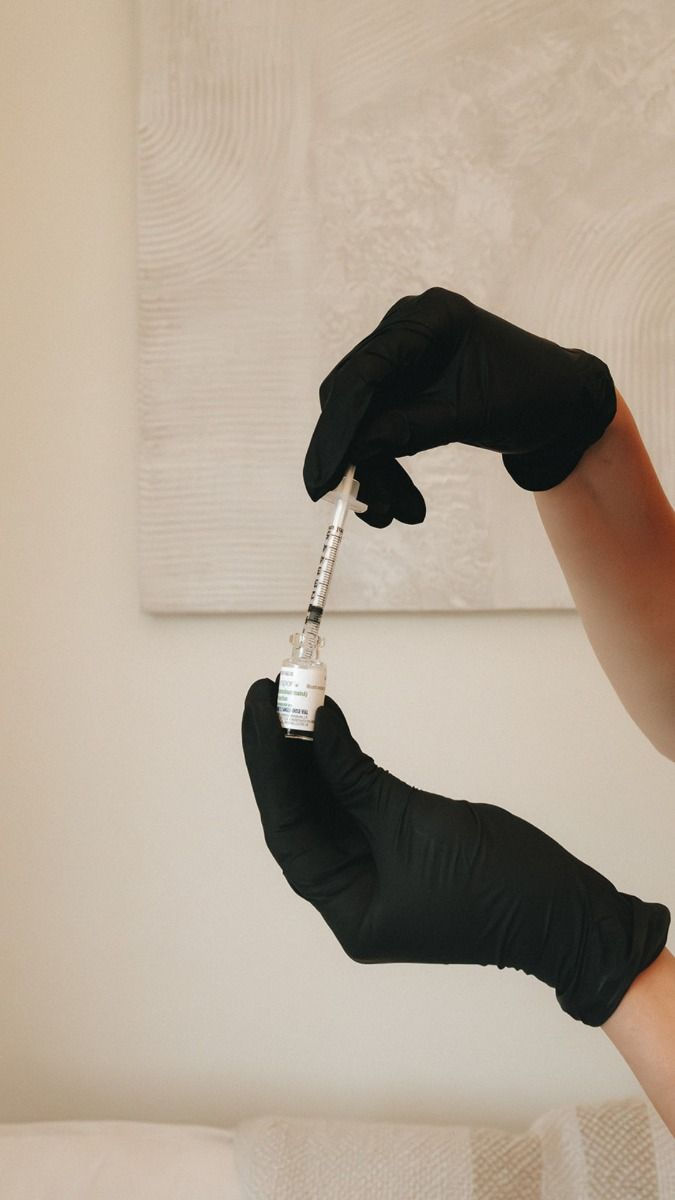Menopause and the Skin
- jessiedeeanderson
- Aug 8, 2024
- 2 min read
Updated: Sep 16, 2024
Menopause is a natural biological process that marks the end of a woman’s menstrual cycle. It typically occurs in women in their late 40s to early 50s, but the physical and hormonal changes it brings can have a significant impact on various aspects of health, including the skin. Understanding these changes can help women manage their skin health more effectively during this transitional period.

The primary hormonal change during menopause is a decrease in estrogen levels. Estrogen is crucial for maintaining skin elasticity, hydration, and overall health. As estrogen levels decline, several skin-related issues can arise:
1. Dryness & Dehydration: Estrogen helps maintain the skin’s moisture by promoting the production of natural oils and hyaluronic acid. Reduced estrogen levels can lead to dryness, making the skin feel rough and less supple.
2. Loss of Elasticity & Thinning: Collagen, the protein that gives skin its structure and firmness, diminishes with lower estrogen levels. This leads to thinning skin, reduced elasticity, and the formation of fine lines and wrinkles.
3. Increased Sensitivity: Menopausal skin often becomes more sensitive and prone to irritation. The skin barrier function weakens, making it more susceptible to environmental factors and allergens.
4. Pigmentation Issues: Hormonal changes can also affect melanin production, leading to hyperpigmentation or dark spots, commonly known as age spots.
5. Acne & Breakouts: Although acne is often associated with adolescence, hormonal fluctuations during menopause can also trigger breakouts. The decrease in estrogen can cause an imbalance with androgens, leading to increased sebum production and clogged pores.
Treating Menopausal Skin
Taking care of your skin during menopause requires a thoughtful and tailored approach. Here are some tips to help manage the changes:
1. Hydration is Key: Use a rich, hydrating moisturizer and serum to combat dryness. Emepelle is a specifically designed formular for menopausal skin. This routine contains retinoids and peptides to boost collagen production and improve skin texture. Antioxidants like vitamin C can also help combat oxidative stress and brighten the complexion.
2. Bio-Remodeling Treatments: This treatment can be discussed via consultation.
3. Clinical Treatments: Healite II is a fantastic option to treat menopausal skin by stimulating collagen production and enhancing cellular activity in a minimally invasive way. It helps reduce fine lines, improve hydration, and alleviate dryness and sensitivity, making it ideal for rejuvenating skin affected by menopause.
4. Sun Protection: Protecting your skin from UV damage is crucial at any age. Use a broad-spectrum sunscreen daily to prevent further collagen breakdown and pigmentation issues. *We love AiryDay Dreamscreem!
5. Healthy Lifestyle & Supplementation: Discuss your options with a qualified Naturopath. Internal support is imperative for achieving optimal results.
This blog post provides a general overview of the effects of menopause on the skin and offers practical tips for managing these changes. If you have any questions or would like further information, please book a comprehensive consultation with Jessie to discuss your options.





Comments